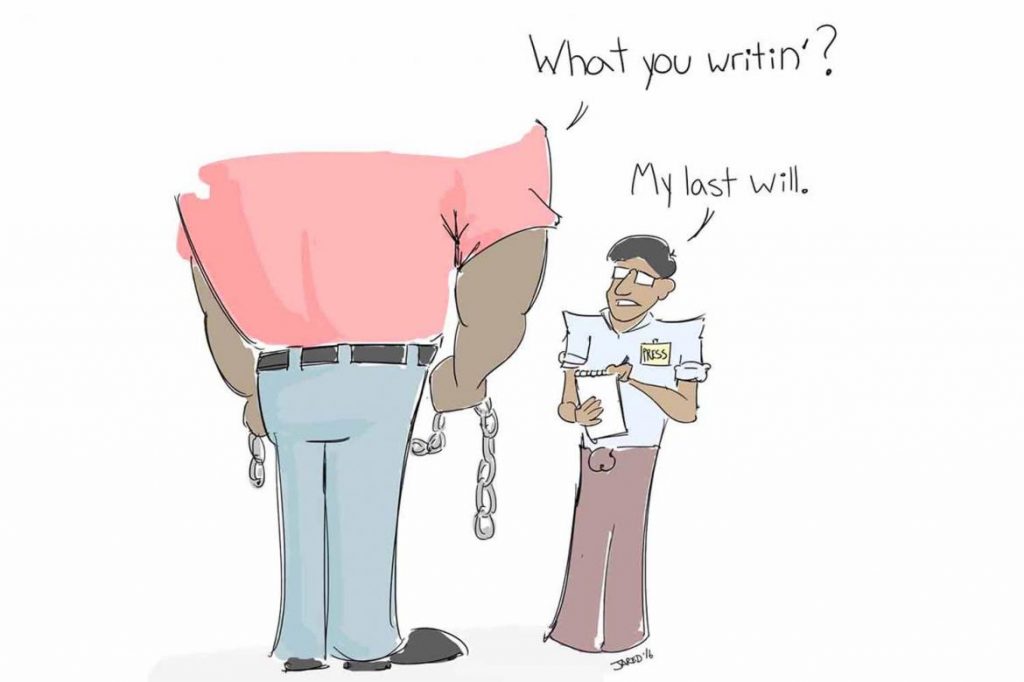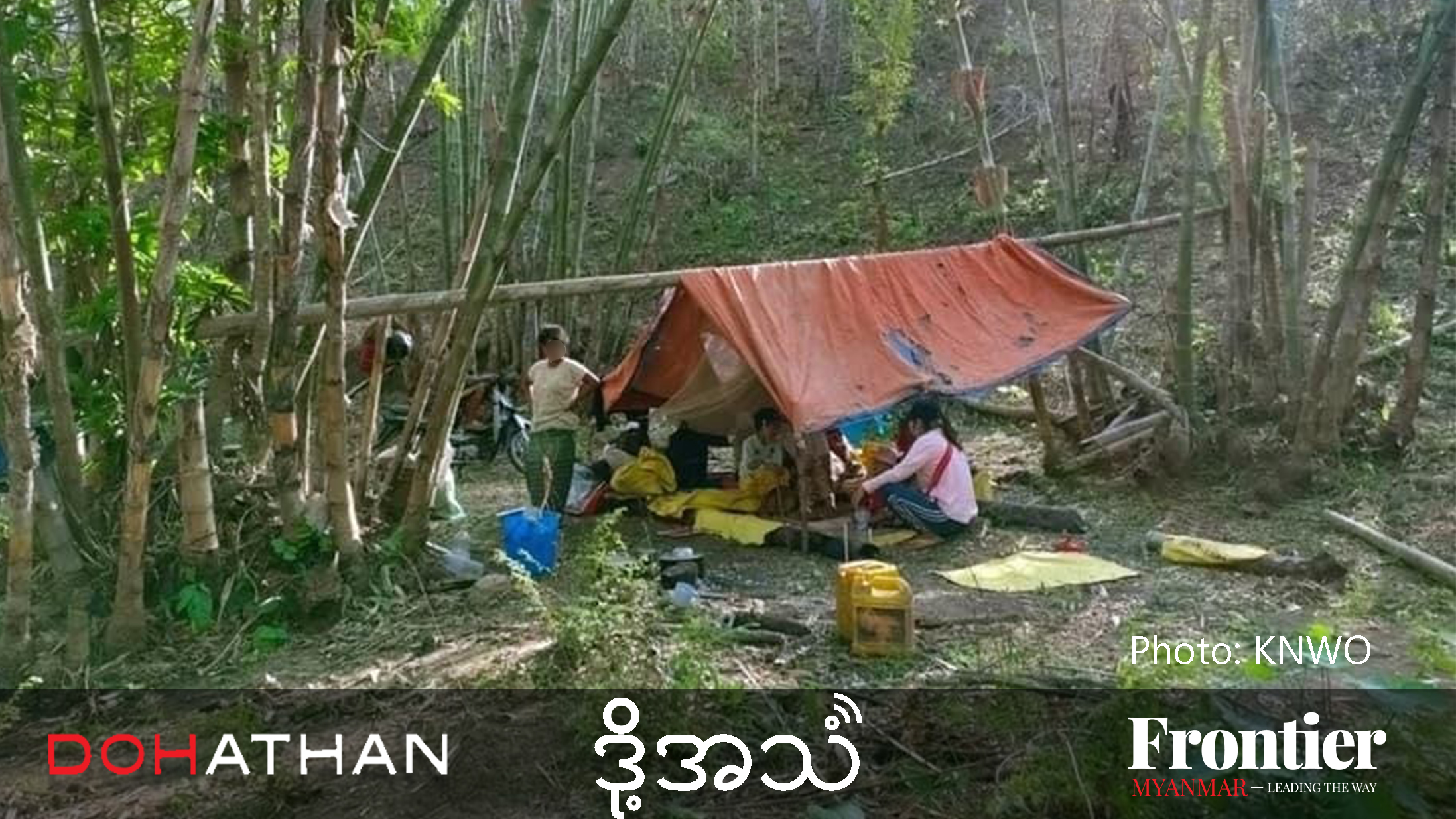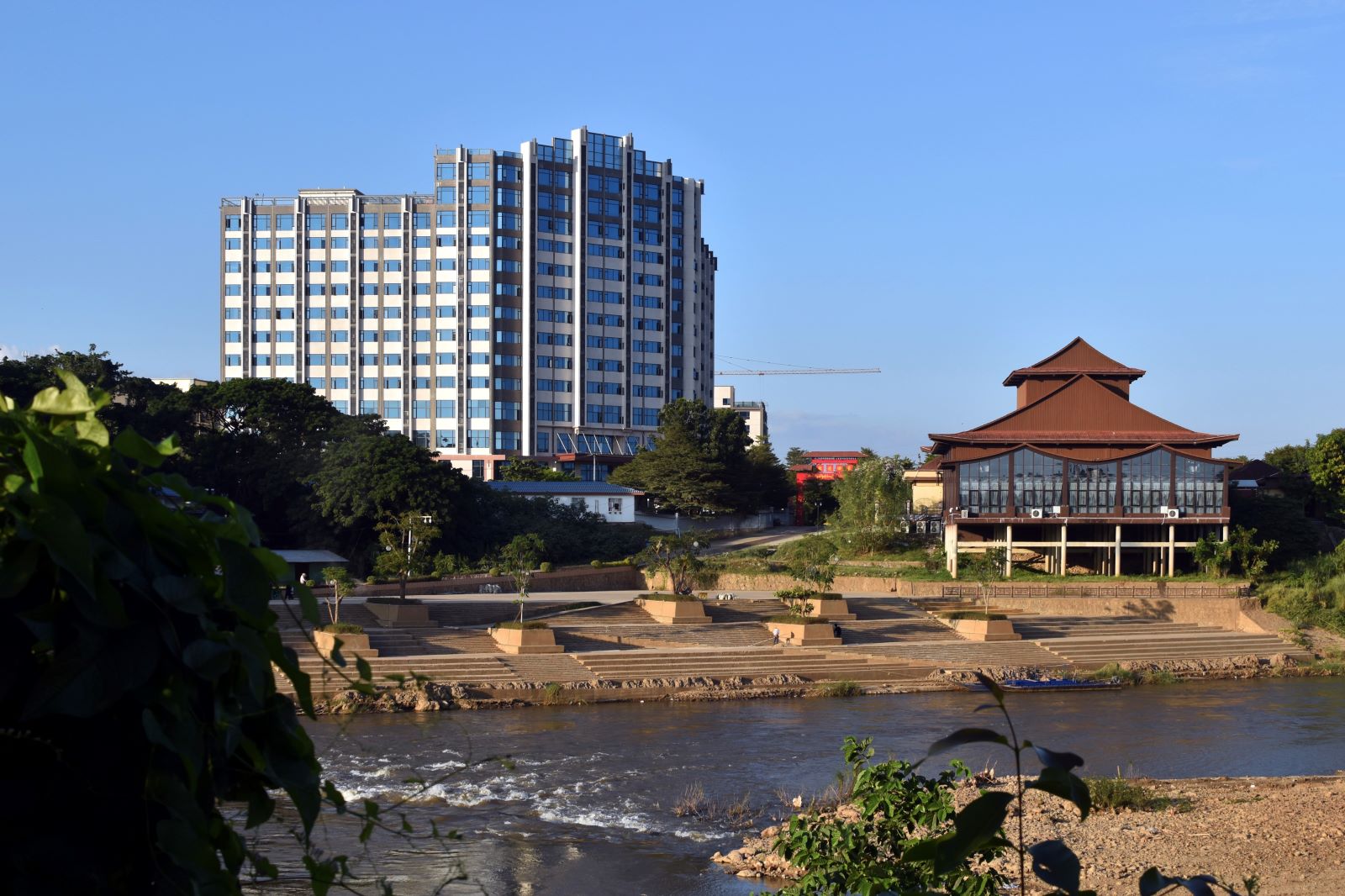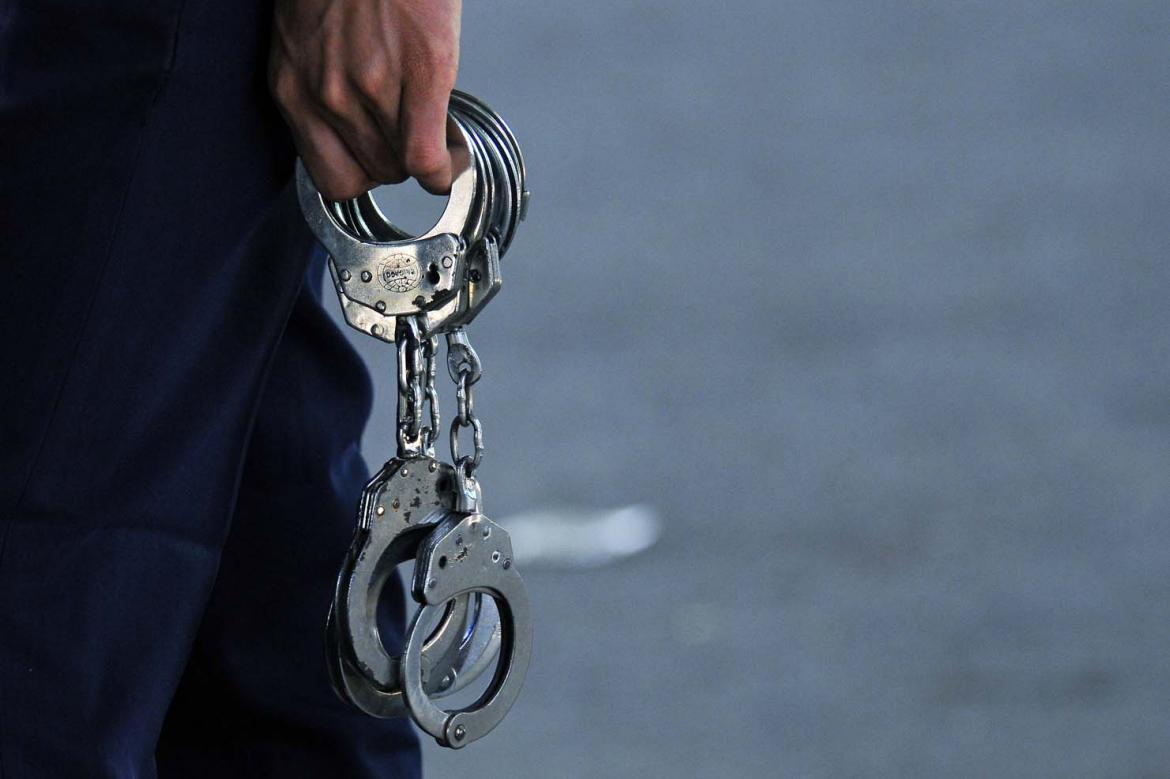Media freedom has improved significantly in Myanmar since 2011 but journalists working here still face many threats.
IT HASN’T been a great few months for media freedom in Myanmar but developments took a sinister turn last month when journalist Ko Soe Moe Tun was murdered, his badly beaten body found by the side of a road in Sagaing Region. The Monywa-based reporter had been working for Eleven Media Group for almost two years and regularly covered controversial issues, including drug trafficking and the sex trade.
At the time of his death, he was conducting investigations into illegal logging, something that is still a major issue in upper Myanmar but particularly Sagaing Region. A recent study found that in 2012-13 teak extraction in Sagaing Region alone exceeded the country’s total logging quota, under what’s known as the Annual Allowable Cut.
According to police, Soe Moe Tun had been beaten with a stick to the back of his head. His possessions – including mobile phones, a ring and money – were left at the scene, suggesting that theft was not the motive.
His widow told the Myanmar Times that her husband was a popular man with no personal grudges. She believed his death was linked to his work. Shortly before he was killed, Soe Moe Tun had written a Facebook post that included a list of people connected to the timber trade.
Soe Moe Tun is the fifth journalist to be murdered in Myanmar since 1999, according to the Committee to Protect Journalists. One of the most prominent cases was the killing of U Aung Kyaw Naing (also known as Ko Par Gyi) by members of the Tatmadaw in Mon State in October 2014. Two soldiers were later acquitted of his murder in a military court martial held behind closed doors.
Support more independent journalism like this. Sign up to be a Frontier member.
No details of the proceedings were released. Such was the secrecy surrounding the court martial, which concluded in November 2014, that the verdict was not announced to the public until May 2015. In the meantime, both a human rights commission inquiry and civilian inquest had been undertaken. Once again, military impunity had prevailed.
The police in Monywa have at least appeared more willing to investigate the death of Soe Moe Tun. They say they have formed a special team to examine the case but appear to have made little progress so far. Looking through the list posted to Facebook would seem a good place to start.
The investigation is being watched closely. CPJ warned that a “culture of impunity” was taking deeper root in Myanmar and urged authorities to leave “no stone unturned” in identifying and prosecuting those responsible.
Frontier joins those calls. The apparent killing of a journalist for doing their job is a despicable and cowardly act, and the authorities must do everything they can to ensure those who carried out the crime are brought to justice.
Media freedom has improved significantly in Myanmar since 2011 but journalists working here still face many threats, which take a range of forms.. The recent firing of a Myanmar Times journalist for reporting on controversial topics in Rakhine State and the current trial of EMG chief executive officer Dr Than Htut Aung and chief editor Ko Wai Phyo under the farcical 66(d) defamation clause are but two such examples.
And that’s only in Yangon. Journalists operating in rural areas – many as freelancers, and therefore without the protection that working for a media organisation can afford – face even bigger threats.
In March, a bomb exploded outside the home of a journalist in Sittwe, Rakhine State, who often reports on controversial topics, forcing him to relocate to Yangon. In June, a bomb exploded outside the home of a freelance reporter in Bhamo, Kachin State. Two years earlier, a cigarette pack with a bullet inside was hung outside his home as a warning.
Protecting the press is a key part of any democracy. There are many challenges this country is still working to overcome, but ensuring a media that is free from threats and is able to carry out its work effectively would be a sign that the country is moving in the right direction. The government and security forces can show the public they are serious about this by conducting a full and proper investigation into Soe Moe Tun’s death.
This editorial originally appeared in the December 22 edition of Frontier.







